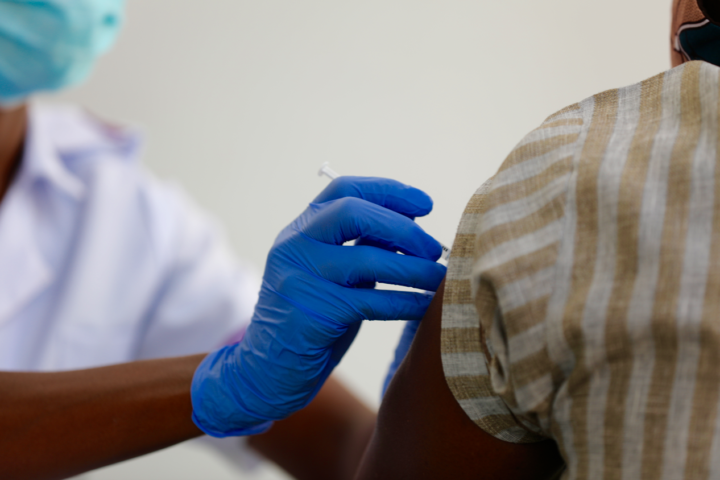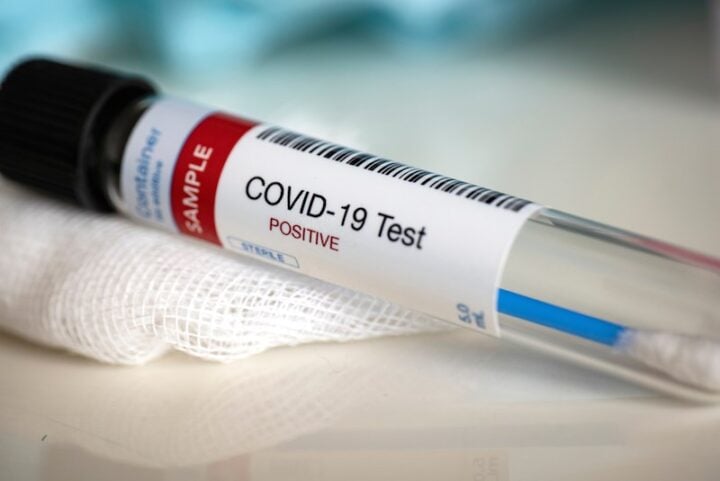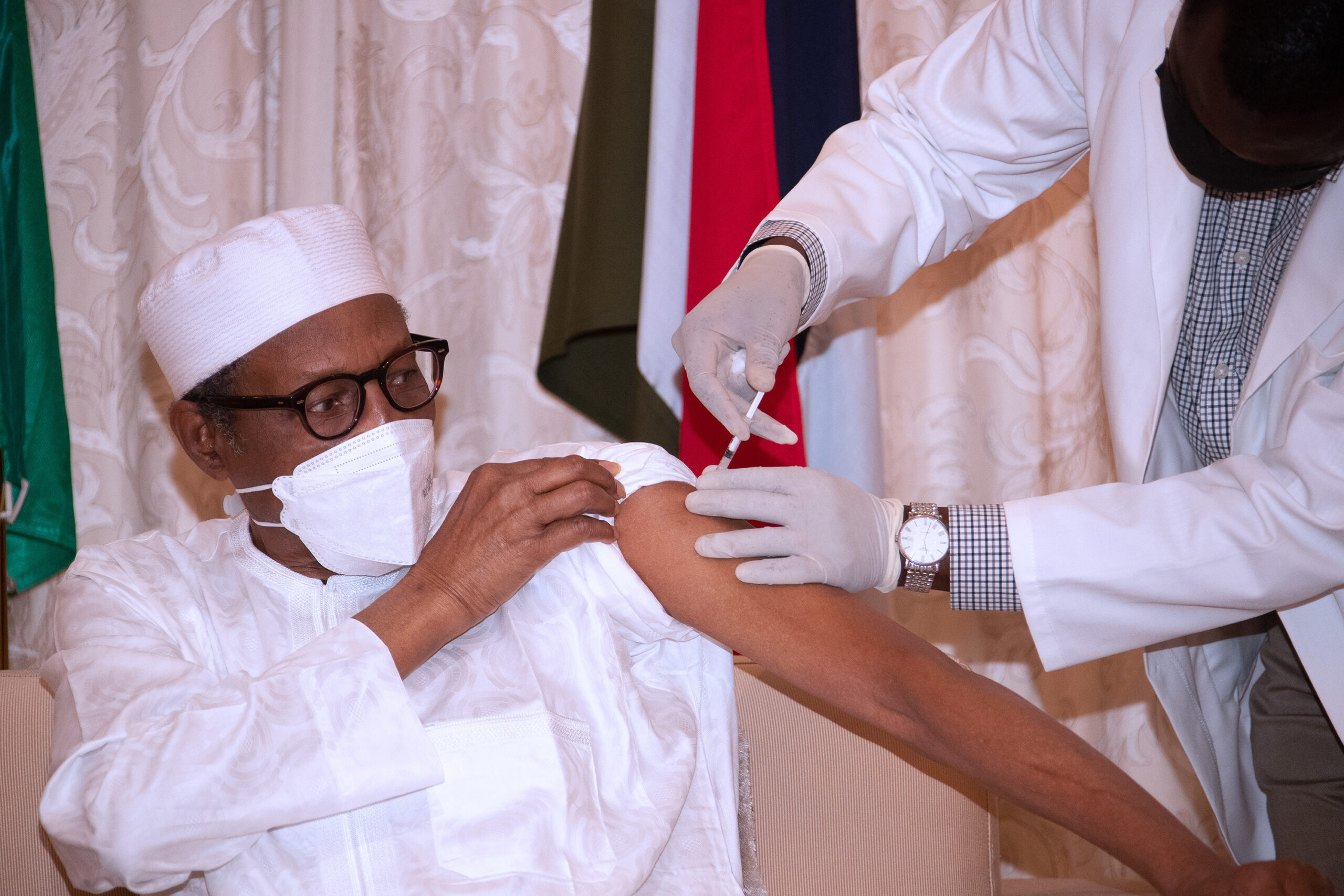BY ANIBE IDAJILI
Tanimu Gwada began making preparations for his first COVID-19 vaccination shot nearly as soon as he learned that a neighbour’s relative had died from the virus. Gwada, 56, felt as though he had approved his own death sentence when he first informed his colleagues of his decision. The group erupted in a flurry of heated debates about how dangerous the vaccine was.
So Gwada, a semi-literate man from northern Nigeria, where a polio vaccine boycott occurred a few years ago, embarked on what may be the most unexpected vaccination decision. Despite his fears and reservations, he went to a government-run hospital for his first vaccination.
“Although I hadn’t lost anyone to COVID, thousands of Nigerians were battling to survive in isolation centers because they couldn’t find or afford life-sustaining oxygen. Many others were unable to arrange for a proper funeral for loved ones who died as a result of the disease,” Gwada said.
Advertisement
He noted that many people were still concerned about whether coronavirus vaccinations contain anti-fertility agents, as well as a slew of other potential negative effects. “None of my close family or acquaintances has agreed to get the vaccine. Not even my next-door neighbour, who lost a relative to the virus,” he said.
Why are so many Nigerians hesitant to get vaccinated?
“The vaccine is safe, according to a doctor at the General Hospital. Why would I trust anything contradictory from folks who have no idea what they’re talking about?” Gwada had asked me.
According to a recent survey conducted by NOIPolls in Nigeria, four out of ten Nigerians are unwilling to take the COVID-19 vaccine. Misinformation, misconceptions, illiteracy, ignorance, limited supplies, and logistical issues, as well as an underlying suspicion of authorities, all contribute to the poor rate of vaccination. Not only is the country dealing with the spread of the virus and economic uncertainty, but vaccine apprehension is also a major concern in the fight against COVID-19.
Advertisement
Since March 2021, when Nigeria began vaccinating its 200 million citizens, only about four million people have received COVID-19 vaccinations at recognised healthcare institutions. The pace of vaccinations could have been faster, with only approximately 2.3 percent of Nigerians fully vaccinated thus far. Unfortunately, statistics reveal that more Nigerians are refusing to obtain the vaccine.
COVID-19 vaccine conspiracy theories
Based on government figures, Nigeria has registered over 205,047 COVID-19 cases and nearly 3,000 fatalities since the outbreak began. As of May 2021, 10,027 persons had experienced a minor adverse event following immunisation (AEFI). Fever, dizziness, stomach pain, headaches, and allergic reactions were among the 86 mild to severe adverse effects reported. The official data, many Nigerians argue, do not reflect the full scope of the problem.
Some believe that vaccine hesitancy stems not only from fears about side effects but also from a lack of information. They believe that there hasn’t been enough trust developed in the vaccine development process, or that proof for the millions of Nigerians who have already received the vaccination safely hasn’t been supplied.
“I do not think the information disseminated demonstrates adequate confidence in the vaccine. For instance, there is no proper messaging in remote areas by the relevant agencies on COVID-19 or the possible side effects of the vaccine. So, there are fears that the vaccine could cause adverse effects, and this is something we need to debunk,” said Ocholi Okutepa, a senior medical officer at Kontagora General Hospital.
Advertisement
“While it is obvious that vaccination can reduce COVID-19 transmission, statistics reveal that public awareness campaigns have not done enough to persuade citizens of the vaccine’s credibility.
According to Halima Musa, a community health officer, “many people have been hesitant to get vaccinated in the last few months, especially because there has been a scarcity of trustworthy information on the negative effects of coronavirus vaccines.
“For example, a man complained that he lost his erection three days after taking the COVID vaccine. This has only added to the public’s mistrust of the vaccine’s safety.”
Interestingly, while research shows that the COVID-19 virus can be present in penile tissue and blood vessels after the infection resolves, there is currently no evidence suggesting that COVID-19 vaccine causes erectile dysfunction or male infertility.
Advertisement
Religion and vaccine apathy
Vaccine hesitancy, the high frequency of COVID-19 cases, and the resulting morbidity and mortality in Nigeria have all been linked to religion.
The majority of Nigerians identify with a religion, and religious leaders have a significant effect on the populace. According to a review of vaccination data from Nigeria, some religious leaders spread misinformation regarding the COVID-19 vaccine.
Advertisement
One of the popular conspiracy theories among Nigerian Muslims is that the vaccine contains anti-fertility chemicals that can be used to control the Muslim population. In the 1990s, similar rumours accompanied the introduction of polio vaccines in Nigeria’s mainly Muslim north, resulting in a high number of polio infections.
In some churches, Christian leaders have publicly discouraged their flock from getting the COVID-19 vaccine. Pastor Chris Oyakhilome, the founder of Christ Embassy, for example, berated pastors who were telling their church members to take the COVID-19 vaccine. He expressed his surprise that ministers of the gospel would consider a vaccine to be the solution for the world.
Advertisement
Modupe Ayorinde, a youth pastor, however believes that if religious leaders utilise their power to push for COVID-19 vaccination, Nigeria will be able to overcome vaccine hesitancy. “What we desperately need are religious leaders and cultural custodians who would persuade their followers and subjects that the vaccines are safe,” she said.
Looking for answers
Advertisement
To meet the government’s objective of vaccinating 40% of the population against COVID-19 by the end of 2021, health officials must dispel rumours and conspiracy theories about the vaccine. The first stage is to restore public confidence by providing suitable responses to the anxieties and misunderstandings that sparked the rumours in the first place.
Traditional and religious leaders, as well as the media, must be included from the start. This is critical because if they do not collaborate with the government, vaccination rollouts may continue to fail, posing major health risks.
With the current wave of outbreak still underway, hopefully, the Tanimu Gwadas of the world will continue to encourage their coworkers, family, and friends to get the COVID-19 vaccine.
“I took the daring move to take the vaccine, and I feel incredibly fine,” Gwada said, adding that: “I strongly advise everyone to get vaccinated against COVID-19.”



